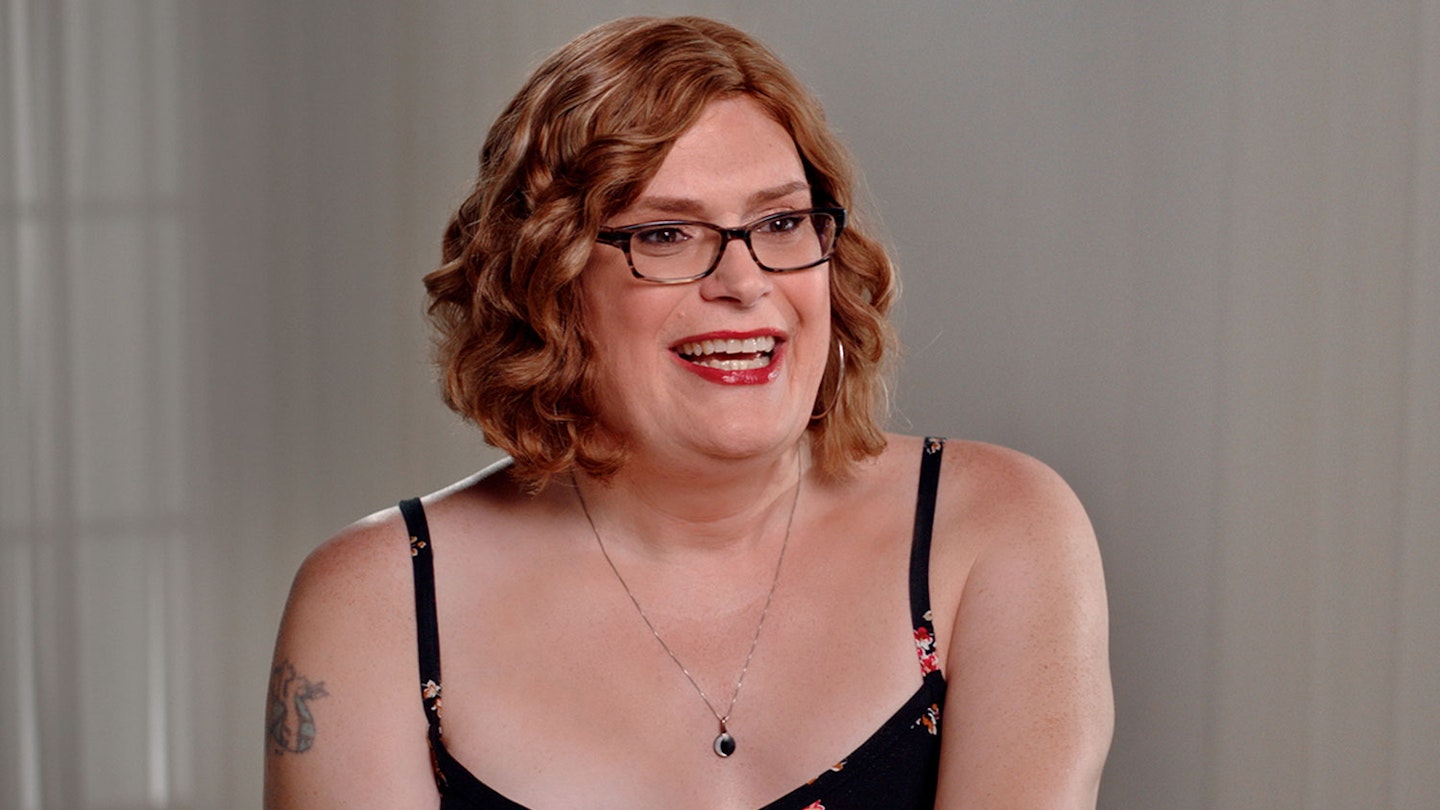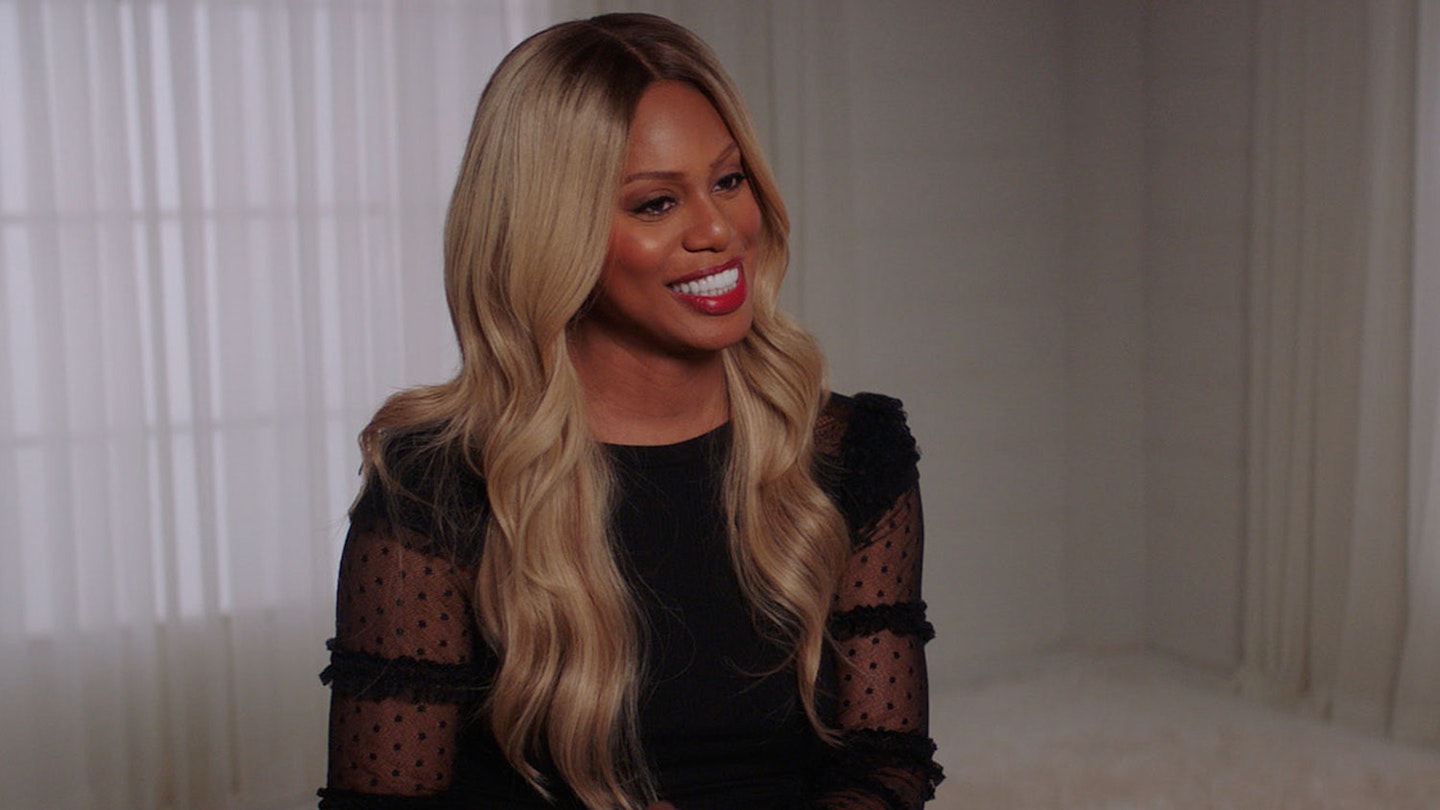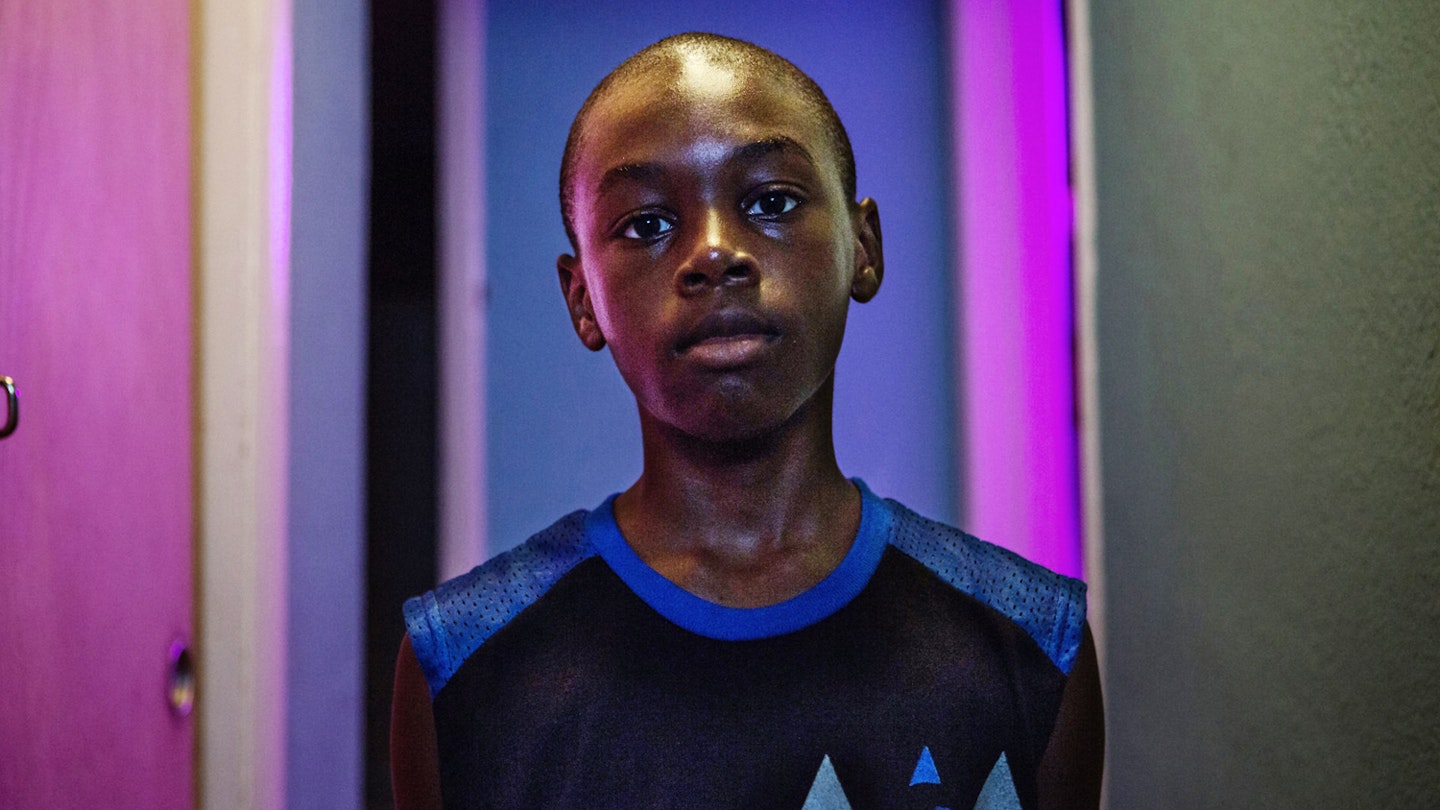As it stands, there is greater representation of trans people on TV, in film and beyond in 2020 than ever before. But as Sam Feder’s documentary Disclosure proves, it’s still far too infrequent, and far outweighed by a legacy of painful, damaging depictions that have trivialised, demonised, and ridiculed trans-identifying people for over 100 years.
Disclosure is part history lesson, part state-of-the-nation address, part call to arms – and it’s equally effective in all three modes. As a through-line, Feder’s film offers a linear path along the depictions of trans, non-binary and gender-fluid people on screen, starting as far back as D.W Griffith’s 1914 Judith Of Bethulia, right up to the groundbreaking portrayal of New York’s queer ballroom culture in Pose – featuring a significant number of trans people both in front of and behind the camera – on a mainstream TV network in 2018.

As the film shows, the intervening century is littered with less-than-flattering portrayals that invariably present trans or gender-fluid people as dangerous psychopaths, murder victims, or the literal vomit-inducing butt of jokes (a revisit of Ace Ventura: Pet Detective’s finale is particularly squirm-inducing). But it successfully shows the steps forward taken, even those steeped in off-putting tropes or insensitively handled – the landmark arrival of Boys Don’t Cry (which erased the black male character from the real-life story), Candis Cayne being cast as an openly-trans woman on Dirty Sexy Money (only to have her character’s voice artificially lowered without her knowledge or consent), or trans people being manipulated or misrepresented on reality TV. And it moves towards the game-changing moment Laverne Cox was cast in Orange Is The New Black, marking a major cultural shift.
In the patchwork of interviews, the film presents arguments that are impossible to deny or ignore.
Cox is a key contributor here, not only offering powerful, cogent interview material but acting as executive producer. The testimonials from creative people in the trans community paint an illuminating portrait of experiences, concerns, and emotional revelations – Lilly Wachowski talking a cross-dressing Bugs Bunny, the character of Nomi on Sense8, and the trans reappraisal of The Matrix; Trace Lysette on her experiences working on Transparent, including speaking out against Jeffrey Tambor; Michael D. Cohen on how the insensitive framing of the ‘revelation’ in The Crying Game reinforced his feelings of shame. There are clear explanations of why it can be so damaging when famous cis actors play trans characters on screen, and an acknowledgement that trans men remain vastly unrepresented on screen. In the patchwork of interviews, the film presents arguments that are impossible to deny or ignore.
The discussion is nuanced too – for all that The Silence Of The Lambs aligns Buffalo Bill’s murderous desires with his identity as a cross-dresser, interviewees claim they still love the movie. Some participants talk about the fact that negative representations still offered them trans visibility – they still saw that trans people existed, had at least something to identify with. As writer-actor Jen Richards says: “We just need more. And that way, the occasional clumsy representation wouldn’t matter as much, because it wouldn’t be all that there is.” The spirit of Disclosure isn’t in cancelling the past – it’s in recognising what was damaging, and making sure it isn’t repeated.
As a documentary, it makes for a compelling watch, and one that crucially allows members of the trans community to tell their side of the story – a necessary corrective that sets up the possibility for a more inclusive, more empowering, more reflective future.

